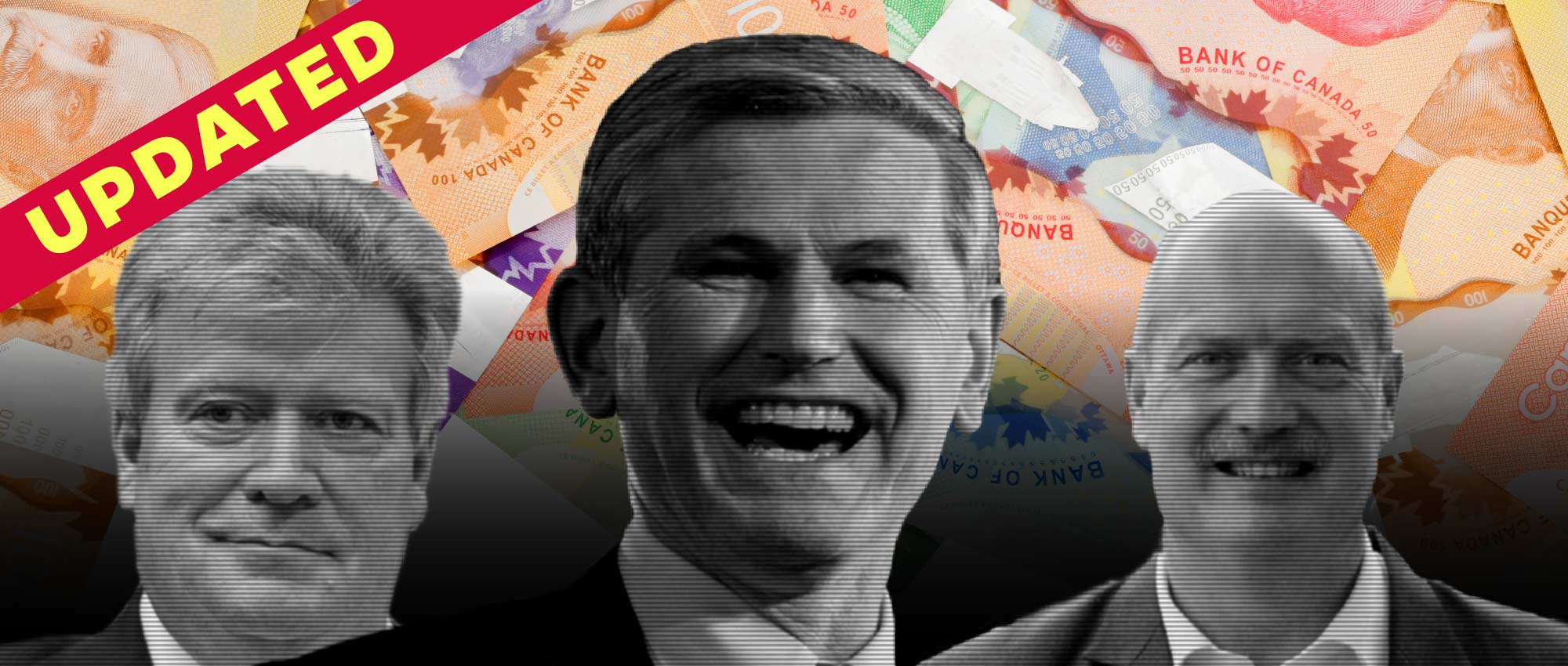 Canada is known to be the easiest place in the world for laundering illicit money ... STILL! The Feds do NOTHING! The answer will probably shock you, they like all the money they are getting and look the other way.
Canada is known to be the easiest place in the world for laundering illicit money ... STILL! The Feds do NOTHING! The answer will probably shock you, they like all the money they are getting and look the other way. It's the Funny'Money/Patty'Cake dance they are doing in *Chinada.
Some of that money is going into Government coffers and no one dares to...CALL IT OUT. Sam Cooper is the only Journalist in Canada that one can rely on to call out all this nonsense and make some sense of it all...its a bloody nightmare with the deaths of thousands of Canadians through the Fentynal Black-Market from Chinese smugglers/"Big Circle Boys" [state sanctioned I might add] and it has been going on for decades. They are laughing at us Canadians all the way to the bank, or in this case the BC casinos.
Am I the only one who is seeing red, outraged as hell over the ineptitude of our political leaders over this singular 'Chinese issue'!
Our docks and ports of call including Canada Post needs proper surveillance and the weeding out of corrupt individuals at all levels.
There needs to be a reset of the illicit Chinese drug smuggling trade, its killing us and destroying our economy.
Today's news: May 9,2019
BC gov’t reports on money laundering problem
Two new reports from the British Columbia government reveal the staggering scope of money laundering in the province. At least $7.4 billion was laundered through the province in 2018. Global’s Sam Cooper has reported on BC’s dirty money problem, and offers his take on the reports, and how it’s not just organized criminals likely profiting off money laundering.
A "decade of dirty money". That’s what an explosive new report is calling British Columbia's years under BC Liberal rule.
According to Peter German's report, the BC Liberals allowed millions upon millions in dirty money from illegal activity to be laundered through BC casinos on their watch. This money powered the fentanyl epidemic and contributed to the housing affordability crisis — and it happened largely because regulators refused to act and chose to look the other way.
Not once. Not twice. But time and time and time again.
So what happened when — and who knew what? We’ve done our best to break it down for you, going all the way back to 2002.
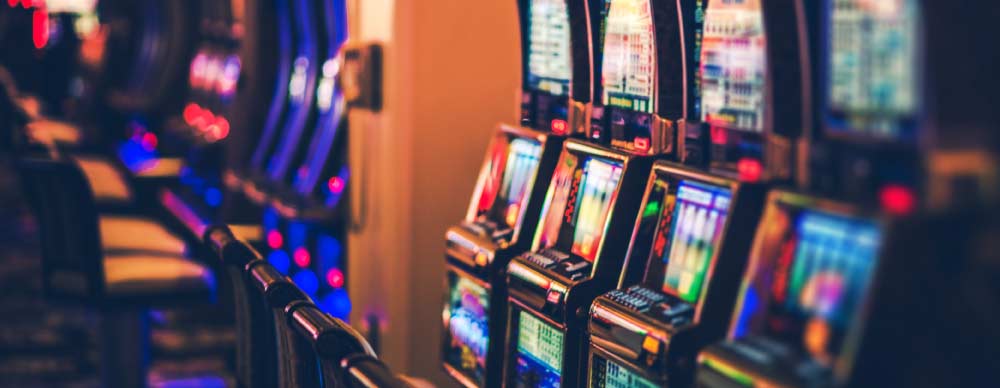
It all begins when the new BC Liberal government restructures how gaming is regulated.
2002: The BC Liberal government passes a new Gaming Control Act, creating a new regulator called the Gaming Policy and Enforcement Branch.
2004: The BC Liberal government and the RCMP create the Integrated Illegal Gaming Enforcement team (also known as IIGET) with a mandate to investigate crimes surrounding “common gaming” houses, animal fighting, and bookmaking. It falls under the purview of Solicitor General Rich Coleman.
December 2007: The Integrated Illegal Gaming Enforcement Team prepares a report on its future; warning that high-level illegal gambling targets would conduct their operations with "impunity" if the unit were disbanded.
November 2008: Reporter Sean Holman reveals that the BC Liberal party accepted more than $250,000 in donations from private bingo hall and community gaming centre interests between 2002 and 2007. This is despite an internal BC Liberal party bylaw banning donations from gaming.
Note: By the end of 2017 when corporate donations are banned, the BC Liberals accepted more than $500,000 in political donations from gaming companies.
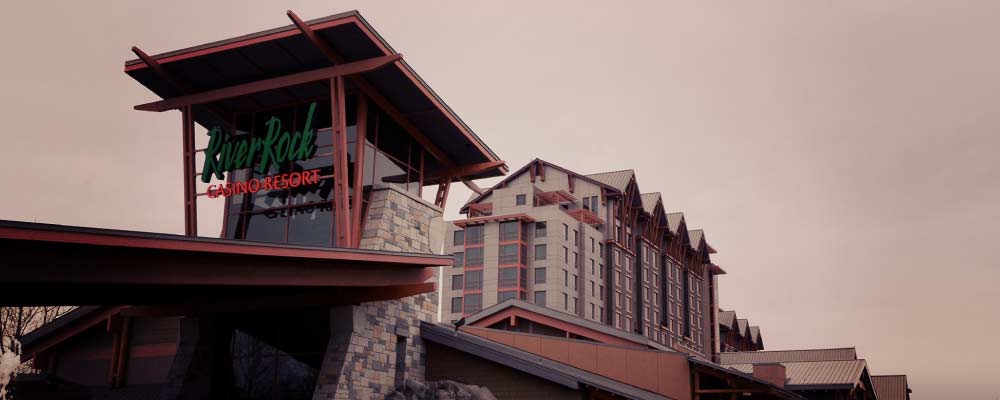
An independent regulator raises the alarm on money laundering — and is swiftly eliminated.
January 2009: IIGET prepares a “Threat Assessment” report warning that BC casinos are extremely vulnerable to money laundering. They ask for an expanded role including BC casinos.
April 2009: Then-Housing Minister Rich Coleman eliminates funding for IIGET, disbanding the unit. He suggests the unit was not cost-effective and had failed to produce a business plan. Journalist Sean Holman later publishes a leaked copy of IIGET’s business plan.
October 2009: IIGET’s former commander Fred Pinnock speaks to journalists, stating that his team should have been expanded, not shut down. He comments “I'm not sure how motivated the provincial government was to have high-profile enforcement of illegal gaming in the province."
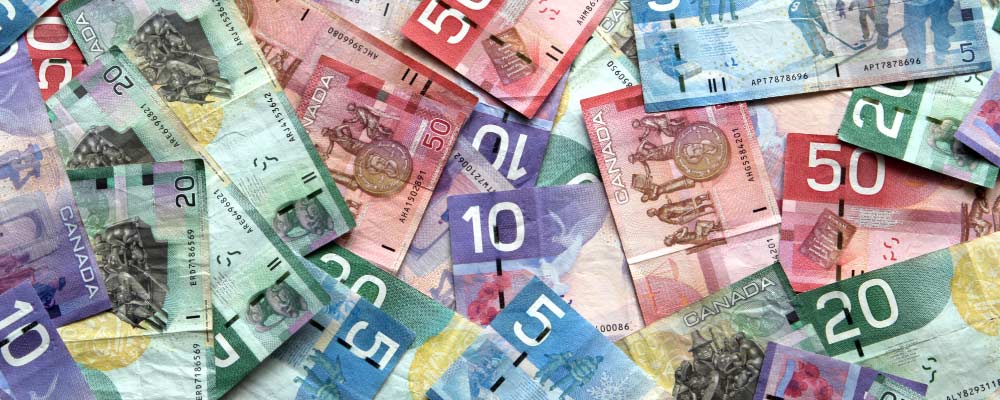
"I know what he said, and I don't agree with him."
January 2011: Inspector Barry Baxter from the RCMP’s Integrated Proceeds of Crime Section speaks to media about suspicions of dirty money in BC casinos and “sophisticated money-laundering activities by organized crime.”
He highlights a period of three months in 2010 where employees at 2 lower mainland casinos reported a combined total of $8 million in 90 large cash transactions, an average of one a day.
Rich Coleman criticizes Insp. Baxter, saying “Yeah, I know what he said, and I don’t agree with him, neither do all the superiors of his in the RCMP.”
August 2011: Following a request by Solicitor General Rich Coleman, the BC Office of Civil Forfeiture prepares a report on money laundering at BC casinos. The report recommends that BC Gaming update its approach to tackling money laundering.
November 2012: The head of the Gaming Policy and Enforcement Branch identifies 543 suspicious transactions, totalling $39.5M between 2010 and 2011. According to the German report, most occurred at Richmond’s River Rock Casino.
March 2013: Over email, the investigator leading gaming enforcement warns that money laundering is taking place at BC casinos. He suggests that illegal sources are supplying loan sharks with dirty money, who are then supplying gamblers.
Less than a year later, Finance Minister Mike de Jong fires the investigator. No other action is taken.
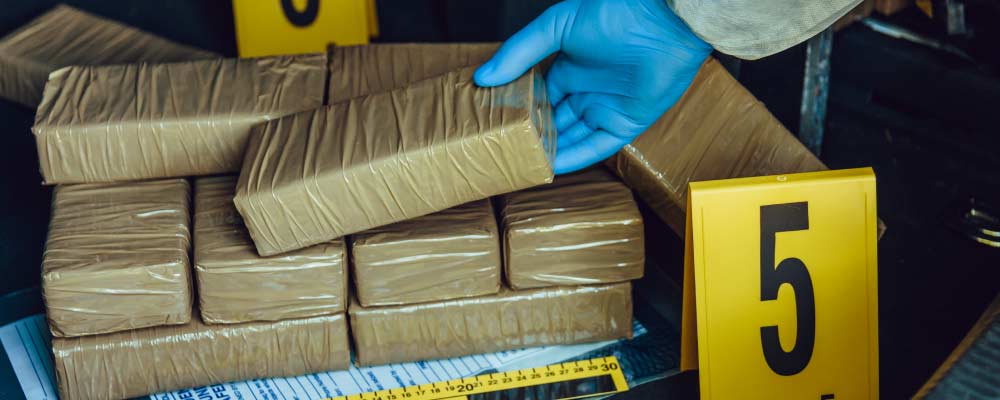
Confidential reports link money laundering with terror finance, drug trade.
July 2015: The money-laundering crisis reaches historic levels with one casino accepting $13.5 million in twenty-dollar bills in a single month.
Later that month, the BC Lottery Corp sends the ‘Section 86’ report to the BC Gaming Enforcement Branch (an arm of the BC Ministry of Finance). It details the discovery of a massive underground banking network allowing organized crime to use illegal money transfer businesses in Richmond to lend cash to gamblers for chips at the River Rock Casino.
The 600 account holders in the underground banking network include known drug dealers in Mexico and Peru, and terrorist financiers in Iran.
July 2016: The BC Liberal government receives a report from accounting firm MNP LLP recommending changes to anti-money laundering practices.
They fail to implement the recommendations and withhold the report from the public.
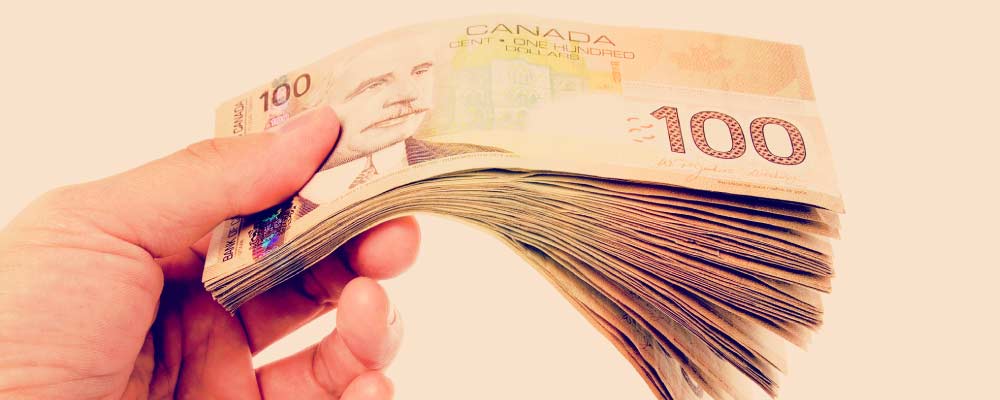
Meanwhile, big donations continue rolling in.
May 2017: Rich Coleman accepts a $390 donation from Gateway Casinos to his personal re-election campaign. One year later in July 2018, he will tell CKNW’s Lynda Steele that he never accepted donations from gaming.
September 28, 2017: BC NDP Attorney General David Eby hires Peter German to investigate money laundering at BC casinos.
October 4, 2017: The ‘Section 86’ report is leaked to the Vancouver Sun. Mike de Jong refuses to comment.
October 19, 2017: Andrew Wilkinson cashes a cheque for $5,000 from Gateway Casinos for his leadership campaign. Other BC Liberal leadership contenders receive another $20,000.
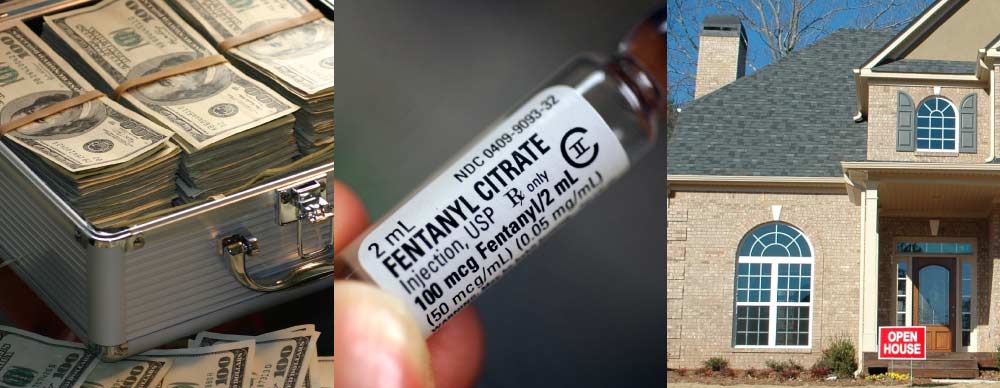
The German Report is released, and denials begin.
June 27, 2018: Peter German releases his report, confirming the prevalence of money laundering in BC casinos. His report suggests that money laundering impacts both the fast-growing fentanyl crisis and affordability in BC’s real estate market.
German highlights the BC Liberal decision to disband IIGET as making matters worse.
Former BC Liberal cabinet ministers go into hiding. Instead, Andrew Wilkinson puts forward new MLA Jas Johal. He fails to accept any responsibility and blames the RCMP.
The RCMP issues a statement correcting the record, saying “At times, government is briefed on sensitive information concerning police investigations that cannot be released. However, it was the decision of government to disband [the] Integrated Illegal Gaming Enforcement Team (IIGET).”
June 28, 2018: Speaking to the CBC, BC Liberal leader Andrew Wilkinson refuses to accept responsibility, saying that asking politicians to do so is a “sad exercise.”
July 3, 2018: Former BC Liberal Attorney General Suzanne Anton (2013-2017) is asked by a CBC reporter whether her government’s response to money laundering took too long. She agrees, saying “That's correct. And it was slow.”
July 5, 2018: Calling into the Lynda Steele show on CKNW, Rich Coleman finally speaks to the issue. He calls the suggestion that his government did little to staunch money laundering ‘a load of garbage’. Like Johal and Wilkinson, he blames the RCMP for disbanding IIGET.
When asked if he’d act sooner knowing what he does now, replies "I think it's difficult to say you would do anything differently."
July 10, 2018:In an explosive interview with Global BC, former IIGET commander Fred Pinnock lays into the BC Liberals for their complicity in allowing money laundering to flourish in BC casinos.
“Fault lies at the feet of the BC Liberals while they were in government...They all knew what was going on in those casinos and racetracks. Primarily casinos, in particular, the big ones. It was wild west in those large casinos where organized criminal activity was running amok. It was no secret to government. At all.” - Fred Pinnock
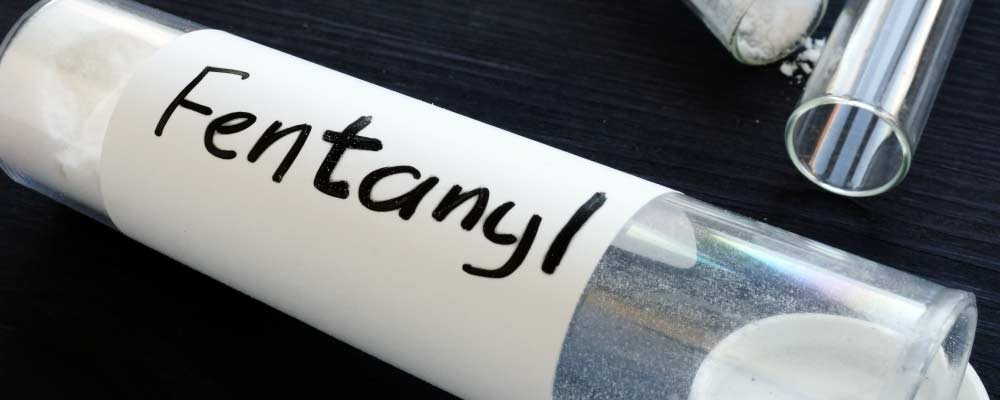
Investigations continue, and the BC Liberals keep avoiding questions
Fall 2018:A sprawling, three-part investigation by Global News estimates that fentanyl drug traffickers laundered between 1 and 6 billion in metro Vancouver’s white-hot housing market, between 2012 and 2016.
“Fentanyl killed so many Canadians last year that it caused the average life expectancy in B.C. to drop for the first time in decades. But for crime kingpins, it has become a source of such astonishing wealth that it has disrupted the Vancouver-area real estate market.” - ‘Fentanyl: Making a Killing’
Meanwhile, Andrew Wilkinson and the BC Liberals refuse to waive cabinet confidentiality that would allow RCMP investigators access to records of high-level government discussions around what they knew about the money laundering at BC casinos, and when.
Did we say millions? We meant billions.
January 2019: A new freedom of information request from the CBC reveals that the estimated "$100 million" laundered through BC casinos is at least $700 million — and potentially as high as 1 billion in dirty money.
"The numbers would have exceeded $1 billion for sure in suspicious currency transactions. It was a staggering amount of money." - Joe Schalk, former senior director of investigations with the Gaming Policy Enforcement Branch
Years later, the alarm keeps ringing — and the BC Liberals still won't say anything about it.
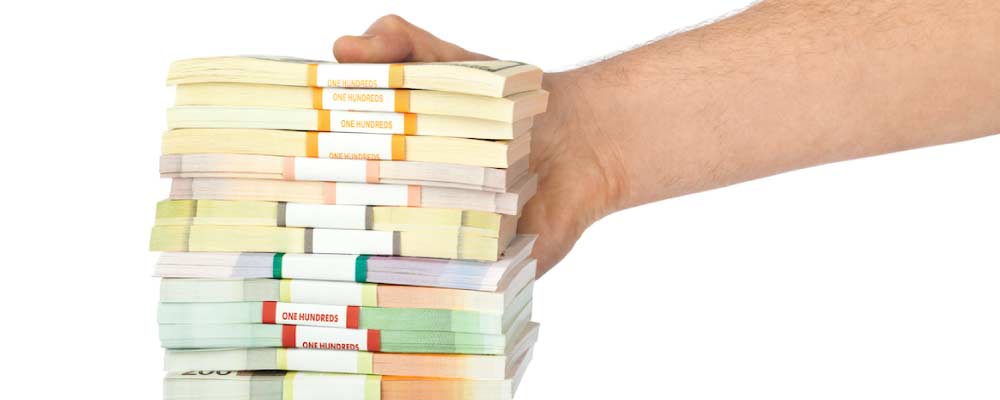
NEW >> A new story — and more questions for Mike de Jong
March 2019: In late March Global TV's investigative reporter Sam Cooper revealed a new twist in the money laundering saga — implicating the office of former BC Liberal Finance Minister Mike de Jong.
According to Cooper's research, officials from de Jong's office intervened to allow the BC Lottery Corporation to raise casino betting limits to $100,000 in early 2014 — against the recommendations of BC's gaming regulator.
"Since late 2010, the regulator — GPEB — had warned the Lottery Corp. (BCLC) to limit massive cash transactions involving Chinese VIPs at private baccarat tables, documents show. But instead, Lottery Corp. managers did the opposite. They repeatedly raised baccarat limits, from $5,000 per hand to $100,000. And they refused to implement the regulator’s suggested “remedy” of capping VIP buy-ins with $20 bills — the denomination associated most with drug trafficking — to under $10,000." - Sam Cooper, Global TV
When questioned about his decision by Global TV, Mike de Jong said he didn't recall.
No comments:
Post a Comment
Comments always welcome!